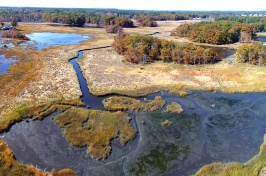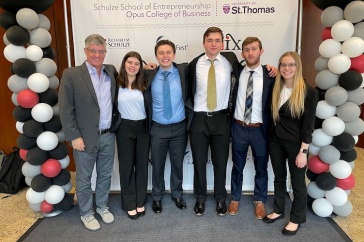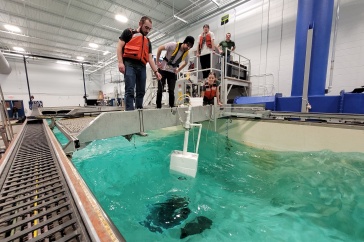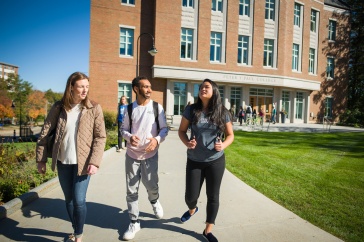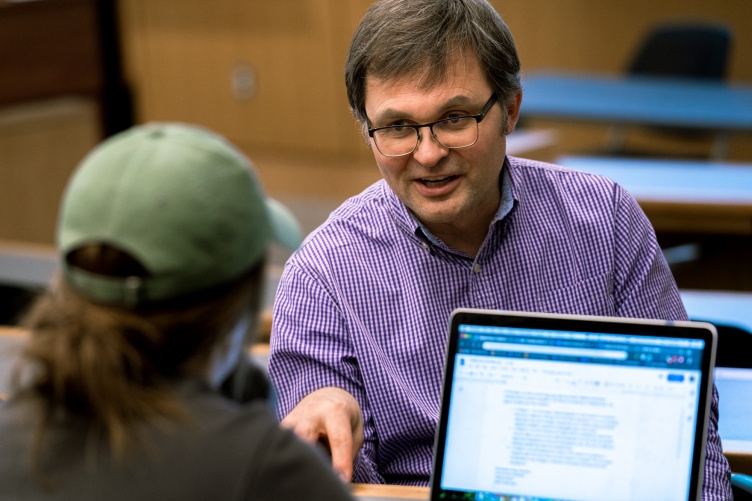
When Robert Mohr was in graduate school, his advisor introduced him to a controversial paper written by the influential economist Michael Porter. Porter argued that government environmental regulations such as carbon taxes, recycling, and waste mitigation could lower costs and improve businesses bottom lines. Porter also suggested regulations might trigger innovation.
Porter’s thesis brought down a hornet’s nest of criticism from economists who dismissed the idea that companies needed any government intrusion into markets. But Mohr, a hungry graduate student eager to make a contribution to his chosen field, disagreed with the critics. He wrote a doctoral dissertation defending Porter’s ideas, and further suggesting that regulations might help companies overcome fears of having their ideas stolen by competitors.
Mohr’s thesis earned him a Ph.D. in environmental economics, lifted his recognition by professionals in his field, and landed him a tenure-track position in the economics department at Paul College.
Today, Mohr wants his graduate and undergraduate students alike to experience the same thrill of mastering the tools of economics. He often shares this story with them.
“I want to convey that the real reward comes when you make the transition from acquiring new knowledge to creating new knowledge,” Mohr said. “In larger economics departments, this is often where students fall through the cracks. I explain that I was once where they are now. And here’s how I made my mark. Now they can do the same.”
Mohr teaches a wide range of courses at Paul, including introductions to microeconomics at the graduate and undergraduate levels, as well as a course on the economics of climate change. He developed the former at the request of the University of Copenhagen while on sabbatical there in 2009. He's taught it at home in Durham ever since.
Much like the climate itself, the course, which enrolls many students in the Sustainability Dual Major, has changed a lot over the years. “In the beginning I spent more time establishing the scientific argument for the existence of climate change,” said Mohr. “Now we take its existence as a fact and focus on its financial impact. That includes forecasting and valuing investments in processes like reducing greenhouse emissions that may not yield ‘returns’ for decades but are necessary for human survival.”
Mohr has also applied his economic expertise to addressing critical environmental issues in New Hampshire. Mohr collaborated on a 2018 survey of New Hampshire citizens to determine how much they would be willing to pay to mitigate cancer-causing arsenic in their drinking water. He and his co-authors’ findings, published in Environmental Management, ultimately helped the state’s Department of Environmental Services change New Hampshire policy to tighten limits.
“As an economist, it’s rewarding to be able to join forces with your colleagues and contribute to addressing a local problem,” said Mohr.
-
Written By:
Dave Moore | UNH Cooperative Extension











































